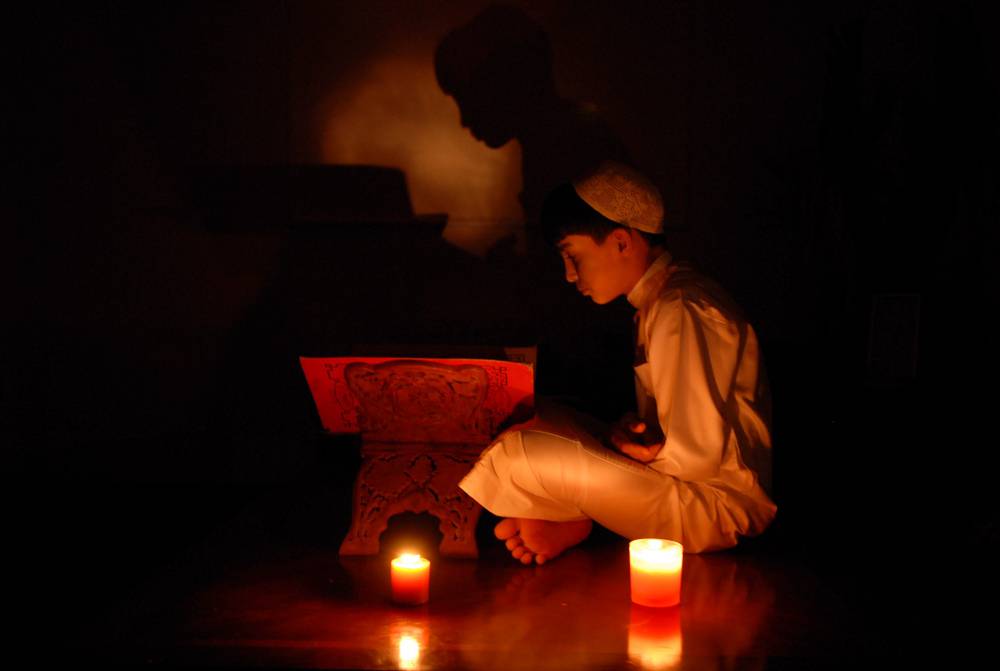Surat Al-Fatihah is the opening chapter of the Qur’an; it is a prescribed reading in every day Salah, and as such, it occupies a pride of place in the daily liturgies of every Muslim.
The crucial nature of Al-Fatihah is because it is the essence of the Qur’an. The seven verses that make up this short Surah encapsulate the fundamental themes of the Qur’an. Hence, the Prophet (peace and blessings be upon him) referred to it as the greatest surah of the Qur’an.
The Qur’an stresses the following cardinal themes: God’s Oneness and sovereignty; Day of Reckoning, the Way of God and the story of those who choose to walk on it as well the story of those who have turned their backs on God or those who grope in darkness unable to find the way to the truth. All of these themes are mentioned in the Surah.
An Intimate Dialogue
Al-Fatihah is in the form of an intimate dialogue between God and man. The first part of Al-Fatihah invokes God by his most beautiful names and his sovereignty and lordship over the world.
The second part stresses man’s approach to God: Prayer for guidance, grace, and blessings.
In describing God, Al-Fathihah teaches us to invoke God by His beautiful names. Although God has many names the most important ones are singled out for daily meditation and invocation; namely Ar-Rahman and Ar-Raheem, the Compassionate, the Merciful.
And thus God introduces Himself to us as above all God of Mercy whose relationship with his creation is, above all, based on mercy and love. The next verse refers to God as the Master of the Day of Reckoning – thus reminding us of our standing before God for the Final Reckoning.
Repeated recitation of Al-Fathihah intends to shape us in the mold of the Qur’an; it helps to transform the moral and spiritual consciousness of the faithful. It provides for him or her direct way of approach to God, who alone is the Source of life, healing, Peace and Grace, thus enlivening our daily living experience.
